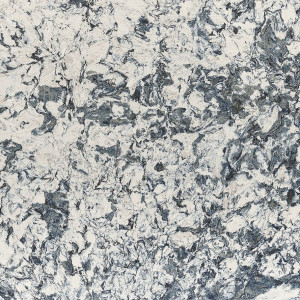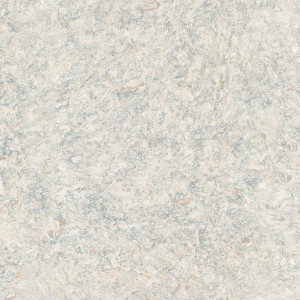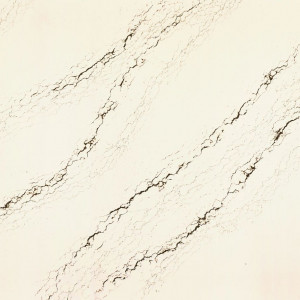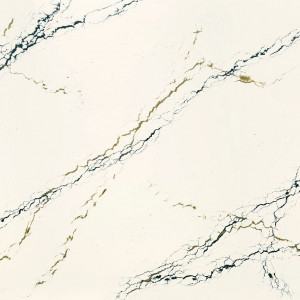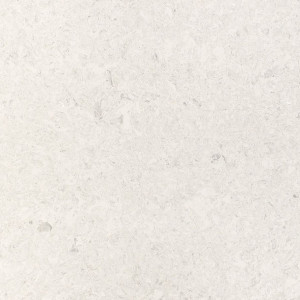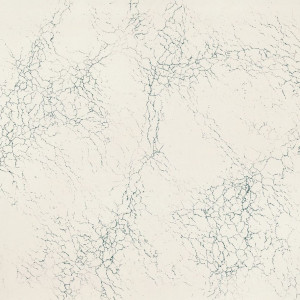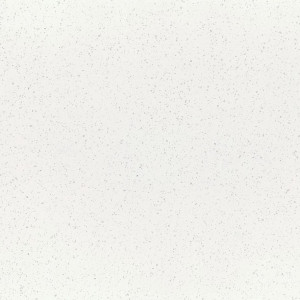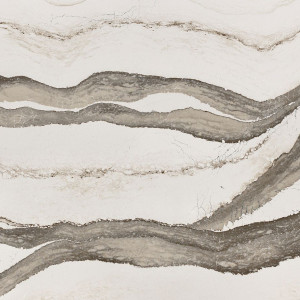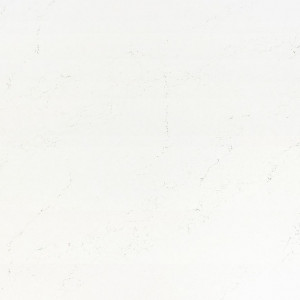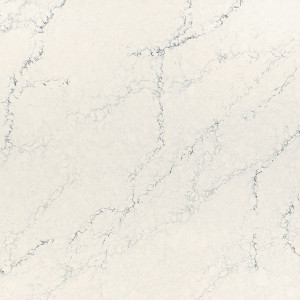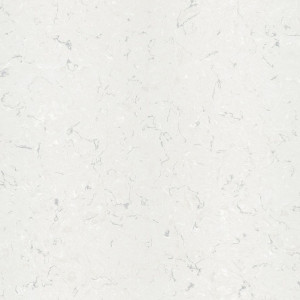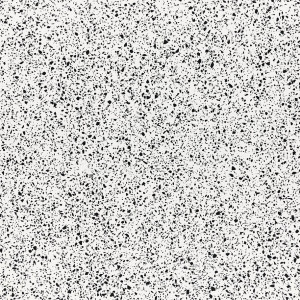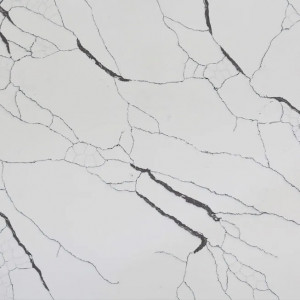
Ivybridge Quartz
Ivybridge is a stone that is made of beige backdrops and displays teal veins, streaking diagonally across a blank slate. The Ivybridge is typically used for a level of depth instilled into either the kitchen or the bathroom. While the incandescent contrast between the two palettes are frequently used for playful appeals, there are other pieces that accent the color scheme that homeowners can only conceptualize.
Artful with its presentation, the Ivybridge is a surface that uses vine-like patterns that follow an intangible path. The crackles that separate from the veins exude a vague display. One of the many advantages that the Ivybridge slab has compared to other stones is the creative interior space that homeowners can arrange through outdoor concepts and outdoor-inspired pieces. Using an indoor garden concept, homeowners can emphasize the look and appeal of the Ivybridge with accent pieces and grow a thriving interior ecosystem. Inspirations that come from the Ivybridge could include vanity tops and kitchen islands. Through an ecological set of eyes, homeowners can discover a whole new world of indoor gardening.
Material Type: Quartz
Country of origin: Other
Colors: White, Green, Beige
- 1. Do quartz countertops need to be sealed?
- Quartz is a non-porous material and therefore it does not need to be sealed.
- 2. Is quartz heat resistant?
- While quartz countertops can withstand some heat, it is always recommended to use trivets when placing hot objects on quartz countertops.
- 3. Can I cut on a quartz countertop?
- Quartz is scratch resistant, however it is always recommended to use a cutting board when cutting on the countertops.
- 4. Is quartz stain resistant?
- Yes, unlike natural stone, quartz is resistant to most common types of stains.
- 5. Where can I install quartz?
- Quartz can be installed on most surfaces around the home, including kitchen countertops, backsplashes, vanity tops and more.
- 1. Do you provide free samples? How many samples can I take?
- At marble.com samples are free, and we encourage our clients to take up to ten samples per visit.
- 2. What materials can I find at your facilities?
- All Marble.com facilities carry slabs of granite, quartz, quartzite, marble, soapstone, slate, limestone, and travertine. Our Ridgefield Park yard has the largest selection, also offering slabs of gemstone, porcelain, and glass.
- 3. Why should I see a slab in person?
- Since every slab of natural stone is completely unique, we recommend visiting one of our facilities to see slab patterns and variations in person.
- 4. Where does your material come from?
- At marble.com we source our stone only from the most reputable quarries from around the globe, including those from Italy, Spain, Brazil, and India.
- 5. Why is some stone more expensive than others?
- Stone slabs that are extremely rare and boast unique colors tend to be more expensive than commonly found stone.
- 6. Do I have to seal natural stone?
- We do recommend sealing natural stone countertops periodically, the frequency of sealing the stone depends on the material.
- 7. What is a honed finish?
- A honed stone finish refers to the smooth, matte surface of the material, which creates a visibly lighter and softer tone. While honed finish might be an ideal design choice for some homeowners, it also makes the stone more susceptible to staining and etching.
- 8. Can a chip on my countertop be repaired?
- Most chips, smaller than a dime in diameter, can be repaired by the homeowner using a chip repair kit. We do recommend professional service care for larger chips.
- 9. Can I install my own countertops?
- We recommend professional installation, completed by our trained technicians for all major projects, however some smaller pieces may be installed by the customers.




 Facebook
Facebook
 Twitter
Twitter
 E-mail
E-mail
 LinkedIn
LinkedIn
 Pinterest
Pinterest

